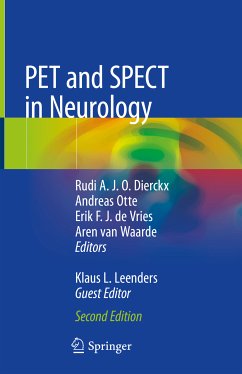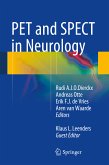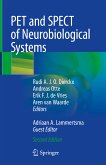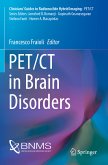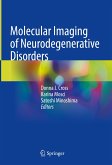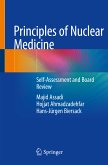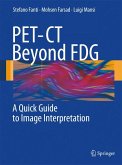This book provides a comprehensive overview of the use of PET and SPECT in not only classic neurodegenerative disorders but also cerebrovascular disorders, brain tumors, epilepsy, head trauma, coma, sleeping disorders, and inflammatory and infectious diseases of the CNS. The new edition has been revised and updated to reflect recent advances and includes additional chapters, for example on the use of artificial intelligence and machine learning in imaging data analysis, the study of brain connectivity using PET and SPECT images, and the role of PET imaging in modulation of brain functioning by deep brain stimulation. The authors are renowned experts whose dedication to the investigation of neurological disorders through nuclear medicine technology has achieved international recognition. Most chapters are written jointly by a clinical neurologist and a nuclear medicine specialist to ensure a multidisciplinary approach. This state of the art compendium will be invaluable for neurologists and radiologists/nuclear medicine specialists and will also be informative for interested general practitioners and geriatricians. Companion volumes on PET and SPECT in psychiatry and in neurobiological systems complete a trilogy.
Dieser Download kann aus rechtlichen Gründen nur mit Rechnungsadresse in A, B, BG, CY, CZ, D, DK, EW, E, FIN, F, GR, HR, H, IRL, I, LT, L, LR, M, NL, PL, P, R, S, SLO, SK ausgeliefert werden.

